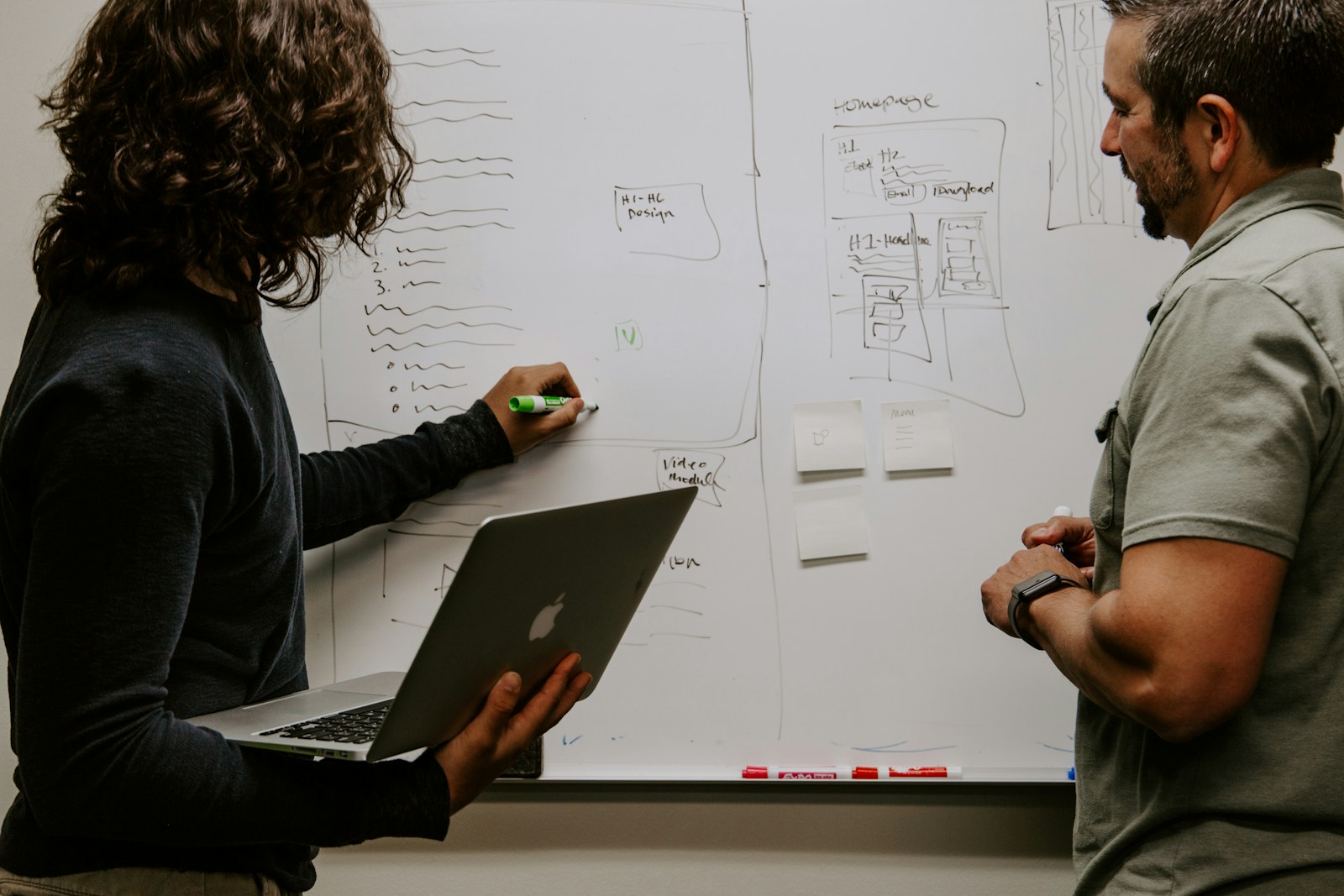Design Conflict Resolution: Must-Have Tips for Product Managers
In the dynamic world of product management, conflicts between team members often arise during the design process. As a product manager, it is crucial to have effective strategies in place to navigate and resolve design conflicts efficiently. Handling these conflicts in a constructive manner can lead to better collaboration, innovative solutions, and successful product outcomes. This article will explore essential tips for product managers to manage design conflicts effectively.
Understanding Perspectives and Priorities
One of the key responsibilities of a product manager is to understand and prioritize the perspectives of different team members involved in the design process. Design conflicts can often stem from differing opinions, priorities, or goals. By engaging in active listening and fostering open communication, product managers can gain valuable insights into the underlying reasons for these conflicts. Understanding the perspectives of designers, developers, stakeholders, and other team members can help identify common ground and facilitate compromise.
Establishing Clear Design Guidelines
To mitigate design conflicts before they escalate, product managers should establish clear design guidelines and standards from the outset of a project. By setting expectations for the design process, including parameters for aesthetics, functionality, and user experience, product managers can provide a framework that aligns team members’ efforts. Clear design guidelines help maintain consistency, streamline decision-making, and prevent misunderstandings that can lead to conflicts down the line.
Encouraging Collaborative Problem-Solving
When design conflicts arise, product managers should encourage team members to approach them as opportunities for collaborative problem-solving rather than sources of tension. Facilitating brainstorming sessions, design reviews, and group discussions can promote creative thinking and foster a sense of shared ownership over the design process. By creating a supportive and inclusive environment, product managers can empower team members to work together to identify and implement solutions that address conflicting viewpoints.
Mediating Conflicts Effectively
In cases where design conflicts escalate and require intervention, product managers play a crucial role in mediating discussions and facilitating resolutions. Effective conflict mediation involves impartially listening to all parties involved, acknowledging their perspectives, and guiding the conversation towards a mutually agreeable outcome. Product managers should strive to find common ground, explore compromises, and emphasize the shared goal of delivering a successful product. By employing active listening skills, empathy, and diplomacy, product managers can help teams navigate design conflicts constructively.
Seeking Stakeholder Input
In some instances, design conflicts may arise due to discrepancies between team members’ preferences and stakeholder expectations. Product managers can avoid these conflicts by seeking early and ongoing input from key stakeholders, such as clients, executives, and end-users. By involving stakeholders in the design process and incorporating their feedback into decision-making, product managers can align team efforts with broader strategic objectives. Engaging stakeholders proactively can also help prevent misunderstandings and conflicting priorities that may derail the design process.
Embracing Continuous Improvement
Design conflicts are a natural part of the product development journey, and product managers should view them as opportunities for continuous improvement. By reflecting on past conflicts, identifying lessons learned, and implementing process enhancements, product managers can strengthen their conflict resolution skills and enhance team dynamics. Embracing a growth mindset and fostering a culture of learning within the team can promote resilience, innovation, and adaptability in the face of future design challenges.
In conclusion, successful design conflict resolution is essential for product managers to navigate the complexities of the design process and drive product innovation. By prioritizing understanding, communication, collaboration, and mediation, product managers can effectively manage design conflicts and guide their teams towards successful outcomes. By incorporating these must-have tips into their approach to design conflict resolution, product managers can cultivate a harmonious and productive environment that fosters creativity and teamwork.
